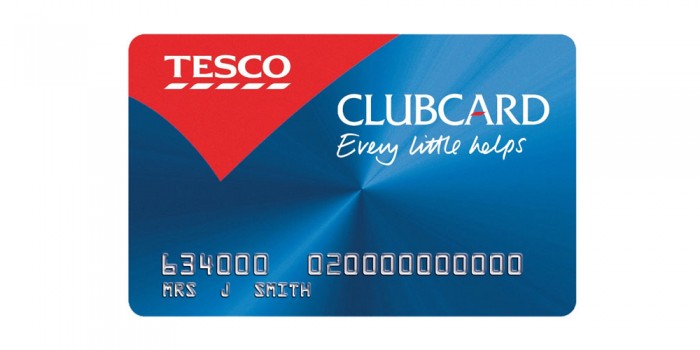The British supermarket chain, Tesco, has grown very successfully over the years and is now the world’s third largest retailer. According to one source more than 15 million people in the UK had a Tesco Clubcard (it’s loyalty card) in 2010 – that’s almost one third of the adult population. On the face of it it’s not hard to see the appeal of Tesco’s ‘loyalty’ card: shoppers tell themselves that they would be shopping there anyway and, by using their Clubcard they receive ‘free’ points that they can save up and spend later. Further savings in the form of offers for selected products are also mailed to them from time to time. The psychological appeal of such a scheme is obvious enough: evolution has equipped many of us with a strong basic desire to save. That we no longer need to hoard nuts and berries to get us through the […]






Recent Comments